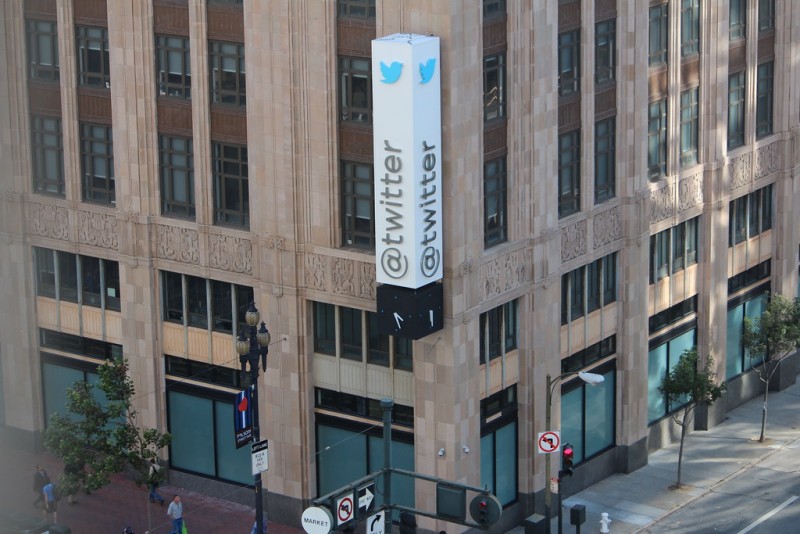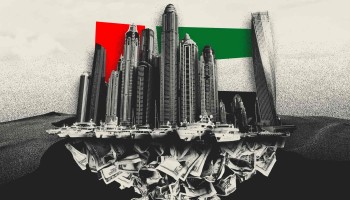Last week, the Magistrate’s Court of Moscow filed separate cases against Facebook, Google, Twitter, TikTok and Telegram that could result in administrative fines of up to four million rubles (about US$ 54,000) for failing to delete “illegal” content that incited teenagers to join protests supporting Kremlin critic Alexei Navalny, for exaggerating the number of people who took part in the demonstrations and for spreading misinformation about police brutality, Russian news agency Interfax reported.
Similarly, Russia’s tech and media regulator fined the domestic internet company Mail.ru with a total of four million rubles ($54,000) in early March for the late deletion of allegedly harmful content posted on the social platform Odnoklassniki.
Last month, Human Rights Watch warned of Russia’s escalating pressure on social media platforms to censor content they deem illegal, condemning the country’s “rapidly growing oppressive legislation.”
Human Rights Watch’s Russia researcher Damelya Aitkhozhina told OCCRP on Wednesday that the growing restrictions on digital freedoms are part of a new wave of censorship which includes also a series of laws that restrict other civil liberties, such as freedom of assembly.
“We have seen a progressive escalation since 2012, when President Putin came into power. There was a wave in 2012, another one in 2014, and now we’re seeing a new one since late 2020, with so many laws coming into force and having a detrimental effect on civil society,” Aitkhozhina said.
Two new laws related to digital freedom have entered into force since last January - one obliging tech companies to delete illegal content and the other introducing fines of up to 10% of a company’s annual revenue for failing to do so.
Additionally, President Putin set August as a deadline for the creation of a new regulation that will force big tech companies to open local branches.
The new regulation will come right before the September legislative elections in Russia, which raised concerns among experts who believe the move is part of government efforts to prevent critics.
Russian authorities also slowed down access to Twitter following the site’s failure to remove illegal content from its platform, limiting the possibility to upload photos and videos.
According to the regulator, the measure stems from the company’s failure to censor content that allegedly incites minors to commit suicide, while also promoting the use of drugs and disseminating child pornography.
However, in previous statements issued by the oversight body, the government specifically spoke about tech and social media companies not censoring calls to join peaceful protests against the imprisonment of Navalny.
Aitkhozhina expressed concern over accusations against Twitter, hinting that the government might be using the argument it was protecting users from child pornography and other harmful content as an excuse to suppress freedom of expression.
“I’ve never seen that content online,” said the HRW expert. “What we did see in the wake of the pro-Navalny protests was that part of the demands from the authorities to the social networks was to take down the videos where users called others to take part in those protests.”





